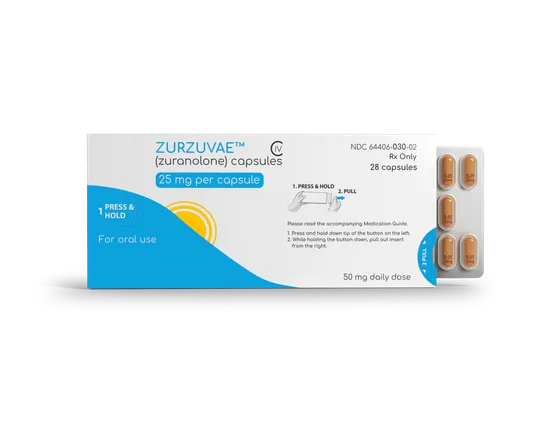Ionis gets a milestone approval; Another top FDA official to step down


Today, a brief rundown of news involving Ionis Pharmaceuticals and the Food and Drug Administration, as well as updates from Zealand Pharma, Sangamo Biosciences and Novartis that you may have missed.
The Food and Drug Administration on Thursday made Ionis Pharmaceuticals’ Tryngolza the first approved treatment in the U.S. for a rare and potentially life-threatening condition called familial chylomicronemia syndrome, or FCS. The drug has been cleared for use in FCS alongside diet to help reduce triglyceride levels in people with the disease, and has a list price of $595,000 per year. For Ionis, the clearance marks another step toward becoming a company that brings its own drugs to market rather than licenses them out. The company has won two approvals in the last 12 months and, in Tryngolza, now has a marketed medicine it wholly owns. — Ben Fidler
Robert Temple, a high-ranking FDA official who’s spent more than five decades at the agency, will retire at the end of the year, Patrizia Cavazzoni, the head of the agency’s main drug offices, wrote in an email. Temple currently serves as a senior advisor for clinical science and drug reviews at the FDA. News of his retirement follows the recently announced, planned departures of two other FDA leaders, Namandjé Bumpus and Doug Throckmorton, by the end of January. — Ben Fidler
The FDA on Thursday rejected an experimental drug Zealand Pharma has been developing for short bowel syndrome, or SBS. Zealand had filed for approval based on results showing a twice-weekly dose of its treatment, dubbed glepaglutide, significantly reduced the need for intravenous fluids and nutrients compared to a placebo. According to Zealand, the FDA said an additional trial will be needed to meet safety and efficacy requirements. Zealand plans to start that trial in 2025, which will support a resubmission in the U.S. and approval filings elsewhere. — Delilah Alvarado
Sangamo Therapeutics has granted Astellas Pharma rights to use a type of viral shell, or capsid, that can help deliver gene therapies to the brain. The deal announced Thursday gives Astellas license to use the capsid for one unspecified target, with the potential to add up to four more in a bid to develop genomic medicines for certain neurological diseases. Sangamo is getting $20 million up front and could earn as much as $1.3 billion in additional licensing fees and milestone payments. — Ben Fidler
Fresh off shuttering an obesity drug trial, BioAge Labs has struck a deal aligned with its initial plans to develop drugs for age-related illnesses. The Richmond, California-based company said Wednesday it has partnered with Novartis in a multiyear collaboration to find new drug targets by examining the biological mechanisms that drive such conditions. BioAge will receive as much as $20 million in upfront cash and research funding, and is eligible to receive up to $530 million in further payouts. Both companies will have the chance to advance programs emerging from the alliance. — Gwendolyn Wu
This post has been syndicated from a third-party source. View the original article here.




